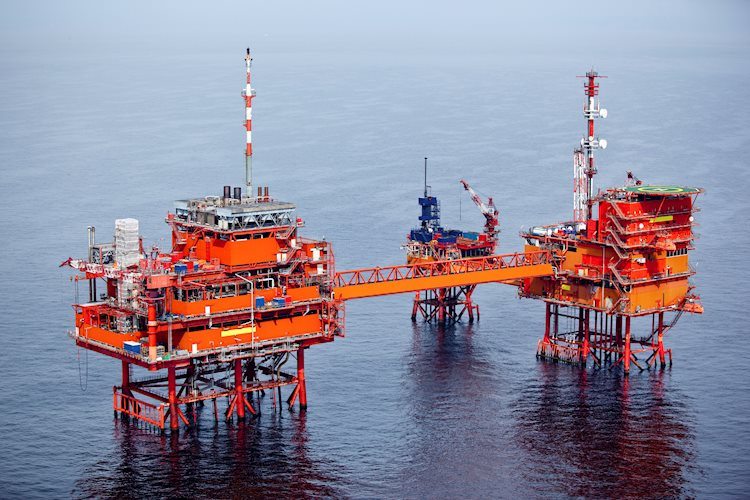- WTI under pressure despite a lower US dollar at the start of the week.
- US oil production remains constrained after Laura’s progress through the Gulf.
The price of oil is currently trading at $42.87 having travelled between a low of $42.58 and a high of $43.54, lower by 0.14%.
Meanwhile, Hurricane Laura spared key energy infrastructure from major damage, muting its impact on global energy markets. In this context, market participants will return their focus towards the recovery in global energy demand.
China bouncing back
Chinese data yesterday revealed an economy that continues to expand for the 5th consecutive month.
China’s official manufacturing Purchasing Manager’s Index (PMI) for the month of August came in at 51.0 as compared to 51.1 in July, according to the National Bureau of Statistics.
Analysts polled by Reuters had expected August PMI to come in at 51.2. However, the Composite reading was stronger due to growth in Services.
Services moved at a faster clip in August with the official Non-manufacturing PMI coming in at 55.2 as compared to 54.2 in July.PMI readings above 50 indicate expansion.
Manufacturing activity and industrial output have been in expansion for the fifth straight month.
Moreover, fiscal support will be stepped up in the coming months so markets are predicting further upside in industrial activity.
However, on the coronavirus front, Chinese growth comes amid virus flare-ups in Europe and Asia which threaten to derail the recovery in demand growth.
The Federal Reserve has shown how uncertain members are with respect tot he virus and the road ahead for both the US and global economy.
At the Jackson Hole, Powell made an announcement that effectively cemented the negative USD real yield narrative at a time where the Fed’s stimulus has driven risks assets higher.
The adoption of average inflation targeting and tolerance for inflation overshot suggests a number of bearish factors for the markets to consider when seeking a fair value in the greenback.
